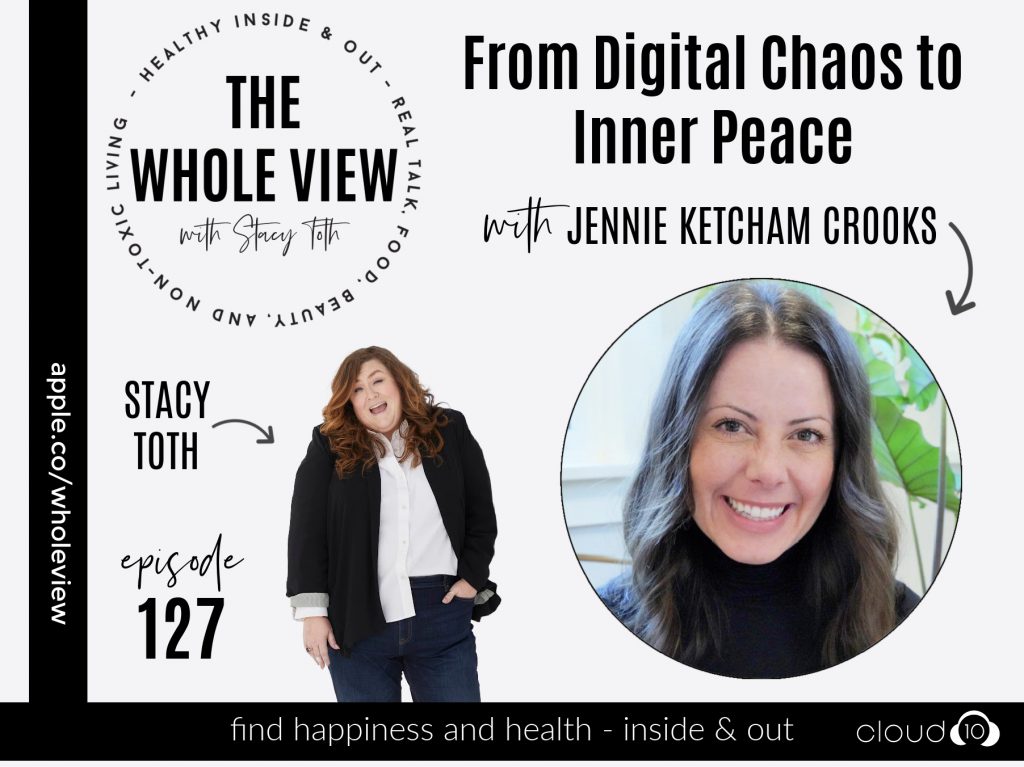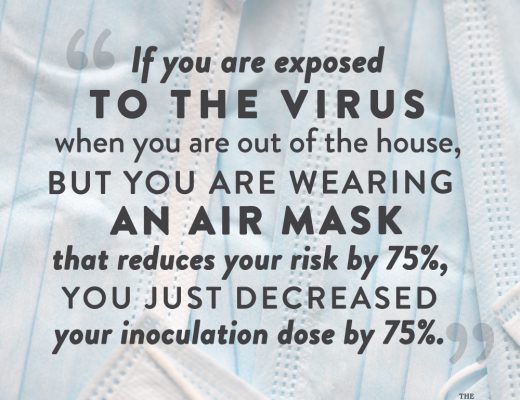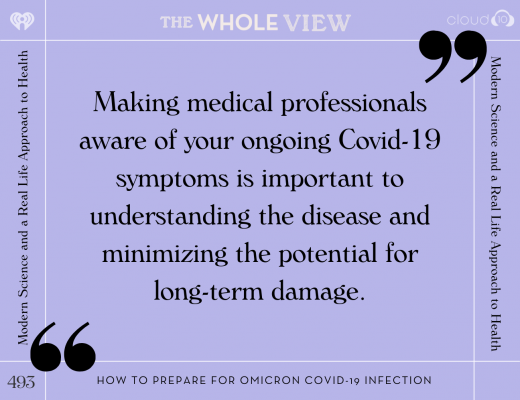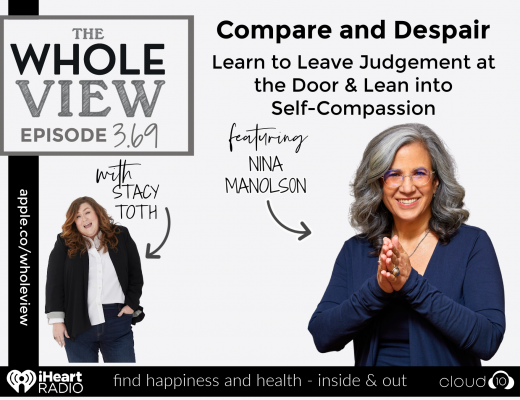Licensed Clinical Social Worker Jennie Ketcham Crooks joins Stacy to discuss the digital chaos of overconsumption and habits in the age of our “shiny rectangles”. Jennie talks us through coming off of autopilot, parenting in the digital age, and managing emotions and meaningful interactions for healthier relationships with others and ourselves.

Find Jennie:
If you enjoy the show, please leave a review. Letting people know on iTunes or however you listen that it’s worth their time could change someone’s life!
Key Takeaways
Introductions
- Jennie is the founder of the West Coast Anxiety Clinic, a clinical licensed social worker, and an anxiety and OCD specialist.
- Prior to starting the West Coast Anxiety Clinic, she was the Director of Clinical Education at Seattle Anxiety Specialists and before that, the lead medical social worker at the Polyclinic.
- Jennie has also been involved in research at the University of Washington, a guest lecturer at Harvard University, and appeared on a number of popular television shows from Headline News and The View to Oprah.
Digital Chaos to Inner Peace
A lot of us are afraid of feeling feelings. I don’t want to feel angry, I don’t want to feel sad. We have this whole social construct around negative emotions. But if we step back for just a second from all that content and really assess ‘what are these emotions for?’. E-motion. Emotions are designed to elicit motion, to make you do something. – Jennie Ketcham Crooks
- Whereas smartphones technically have made us more “connected”, we’re not giving our full attention to friends and family and we’re beginning to rely entirely on smart phones for all of our communication rather than more synchronous and deep communication.
- Jennie’s book and 30-day challenge are more of a harm reduction with technology and really help us assess the functionally in our lives. So what provides fulfillment and nourishes us? The challenge is designed to help us come off of autopilot so we can identify what is important to us in your life and go towards it. All of the practices are designed to improve mindfulness, to help destress tolerance, help commit, and identify values.
- Jennie says we are a society, a group, a social being, and we come together and we thrive together. We don’t live with each other, we live for each other. When we have these devices as our go-to, when we’re feeling discomfort, what it teaches it to do is to rely on the device instead of each other.
- So part of our habits may be to short-circuit emotions we don’t want to feel and ultimately doesn’t satiate us. And experiencing the internal emotion is not an action. So all these private psychological events that are happening inside of us – sadness, fear, anxiety, joy, elation, longing – and they all have a shelf life.
The stats
- The Global Mind Project released a study in 2023 using data gathered from 27,969 young adults (aged 18-24 with birth years between 1999-2005). This population is particularly interesting because it is the very first generation to have consistent exposure to smartphones and tablets throughout their childhood. Some of the young adults in this study report getting a smartphone or tablet as young as 6 years old. You might be one of them. You might be one of their parents.
- more frequently we experience suicidal thoughts.
- struggle more with social-self, which impacts how we view ourselves and our ability to relate to others
- We feel more aggressive toward others,
- are prone to more addictive behaviors, and
- suffer with a sense of detachment from reality
- Additionally, the study revealed a causal between smartphone use and:
- Anxiety
- Poor Sleep
- Thoughts of suicide, self-harm Aggression
- Hallucinations
- Your online social connections might be beneficial, but they might also be undermining your face-to- face connections and your ability to make face-to-face connection.
- The more engaged you are online, the more immersed you become. Those around you: your kids, partner and parents all think you use your phone too much.
Studies, References, and Products
- The Social Price of Constant Connectivity: Smartphones Impose Subtle Costs on Well-Being, Current Directions in Psychological Science
- Sapien Labs: Age of First Smartphone/Tablet and Mental Wellbeing Outcomes
Sponsors
- Paleovalley.com/wholeview | Get 15% off your first order!
Want more info on our Real Life? Healthy recipes, parenting tips, and general lifestyle stuff goes out in our Real Everything newsletter, join here.
So never want to miss a post, sale, or deal? Join my Healthy Inside & Out e-mail list for more info on non-toxic living and safer skincare!




